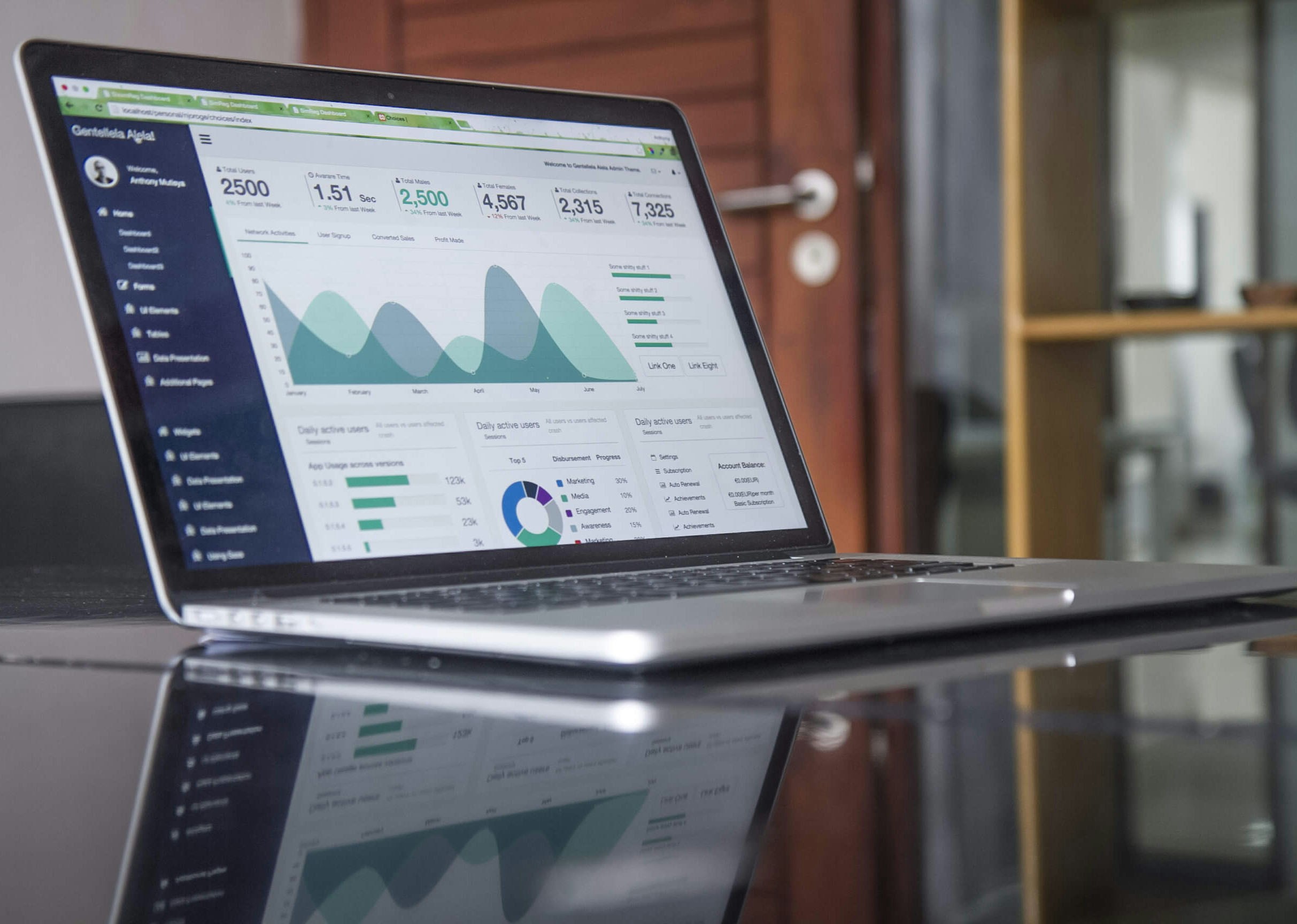In the intricate web of commerce, the term "B2B" often echoes through boardrooms and business conversations. But what exactly is B2B, and why does it hold a pivotal role in the modern business landscape? In this comprehensive exploration, we will dissect the nuances of Business-to-Business transactions, unraveling its significance, intricacies, and impact on the global economy.
Understanding B2B
Business-to-Business, abbreviated as B2B, refers to transactions between businesses, where one entity sells products or services to another for further resale, use in production, or business operations. Unlike business-to-consumer (B2C) transactions, B2B interactions occur on a larger scale and involve complex decision-making processes.
Core Components:
- Products and Services: B2B transactions encompass a diverse array of products and services, ranging from raw materials and components to software solutions and consultancy services. These exchanges are often integral to the production and operations of the buying entity.
- Scale of Operations: B2B transactions are characterized by larger order quantities. The scale of these transactions caters to the bulk requirements of businesses, impacting supply chains and production cycles.
The Dynamics of B2B Transactions:
Relationship Building:
Establishing and nurturing relationships is a cornerstone of B2B transactions. Unlike B2C, where individual preferences dominate, B2B transactions thrive on long-term partnerships. Trust, reliability, and consistent quality play pivotal roles in fostering enduring business relationships.
Decision-Making Processes:
B2B transactions involve a complex web of decision-makers within an organization. Purchases are seldom impulsive; rather, they undergo meticulous scrutiny by procurement teams, department heads, and key stakeholders. Understanding the intricate decision-making processes is crucial for success in B2B dealings.
Customization and Tailoring:
B2B transactions often demand customization to meet the unique needs of the buying business. Suppliers must be agile in adapting their products or services to align with the specific requirements and objectives of their clients.
Challenges and Future Trends:
Digital Transformation:
The advent of technology has revolutionized B2B transactions. From e-procurement platforms to automated supply chain management, businesses are undergoing a digital transformation, paving the way for enhanced efficiency and transparency.
Globalization and Market Expansion:
B2B transactions are no longer confined by geographical boundaries. Globalization has opened up new vistas for businesses, allowing them to tap into diverse markets, forge international partnerships, and diversify their revenue streams.
Business-to-Business transactions are the backbone of the global economy, shaping industries, fostering innovation, and driving economic growth. Understanding the intricacies of B2B is not merely a business prerogative but a strategic imperative in navigating the dynamic landscape of modern commerce. As businesses continue to evolve, B2B remains an ever-adapting force, propelling industries forward through collaboration, innovation, and mutually beneficial partnerships. With the help of LeadMe you can reach all B2B transactions with the help of AI and by e-mails!


